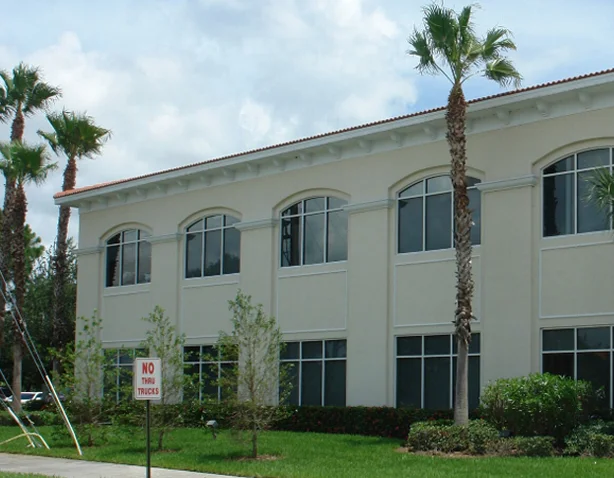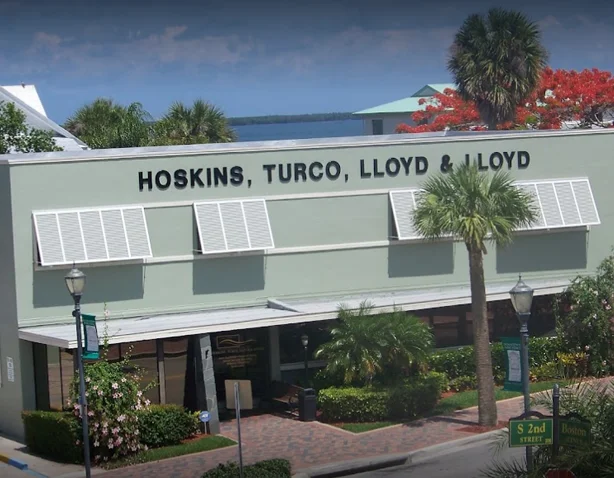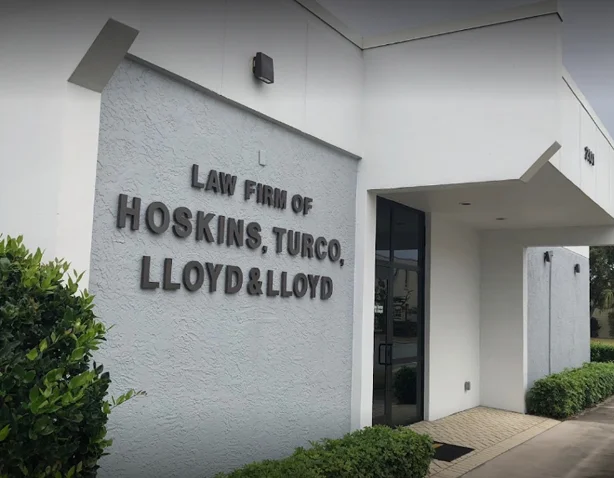Have you ever wondered how a hurricane could affect your car accident claim? In Florida, hurricane season is a fact
Car Accident, Truck Accident Posted on Jun 17, 2019
Deaths from delivery truck crashes have reached their highest level in three decades, according to the National Highway Traffic Safety Administration (NHTSA).

In a nationwide survey, truck accidents of all types have been steadily increasing; however, crashes involving delivery trucks have noticeably skyrocketed.
The reason? There’s a massive surge in deliveries to residential neighborhoods, one that’s placing more trucks on the road and creating traffic nightmares. Last year, Amazon announced the order of 20,000 more delivery vans to bolster their same-day and next-day shipping services.1 Parcel carriers, such as FedEx, UPS, and DHL, have followed suit, with FedEx adding 1,000 electric trucks to its fleet in 2018 and UPS adding 700 natural-gas trucks the same year.2 The sheer number of delivery vans and trucks on the road, coupled with the growing demand for expedited shipping, is causing an upswing in delivery truck accidents.
If there are more delivery trucks on the road, then there’s less space for normal traffic. This is especially true in residential areas, where delivery trucks often overtake curbs and illegally double park.
A recent study found that for every one Internet delivery, 25 people are involved in it’s arrival. From warehouse to doorstep, a considerable amount of manual labor is required to deliver packages quickly, resulting in over-crowded highways and congestion.3 The study also found that most residential buildings are not designed to handle the influx of deliveries: no loading docks to park trucks, limited storage space for parcels, and no freight elevators for larger items. These problems leave delivery trucks idling in the street, where they become hazards for other drivers.
It’s no secret that accidents involving larger vehicles, such as tractor trailers, box trucks and vans, tend to be more catastrophic. Simple physics tell us that when a bigger, heavier object collides with a smaller, lighter object, the smaller object will experience significantly more damage and trauma than the bigger object.
A fully loaded semi-truck weighs 80,000 pounds. The common car weighs approximately 3,000 pounds.4 If the two collided, it’s easy to predict the outcome.
However, delivery trucks pose a distinct risk: improper packing. As consumers become more comfortable ordering online, individuals are purchasing large items, such as furniture and appliances, without visiting an actual store. This is presenting challenges to the packing of delivery trucks because it forces the packing team to quickly fit a variety of differently sized and weighted objects into a single load.
Inexperienced packers may not understand how to properly distribute the weight. These mistakes can lead to the semi-truck jack-knifing or being difficult to maneuver.
Last year, three people were killed on Florida’s Turnpike when a FedEx truck crashed into a pair of vehicles.5 The driver of the FedEx truck was not able to stop in time, colliding with two slower moving cars. The FedEx truck hit the rear of both vehicles and jackknifed. Three people in one of the cars were killed. The driver of the FedEx truck suffered minored injuries.
Delivery trucks, like all large vehicles, have different brakes than regular passenger vehicles. Semi-trucks and box trucks have air brakes, which have a lag time. These vehicles are also heavy, slowing down the rate at which they can stop when moving at high speeds. Unlike regular passenger vehicles, delivery trucks cannot easily slow down.
Reducing risks of delivery truck accidents
Slow down when approaching delivery trucks and give them plenty of space.
Large trucks cannot react as nimbly as regular passenger vehicles. Do not tailgate them or hover on their sides, which can also be their blind spots.
Don’t slam on your brakes when delivery trucks are behind you.
Large trucks cannot stop as quickly as regular passenger vehicles. Give them time to stop safely.
Be on the look out for the drivers, who may be outside the vehicle.
Delivery trucks are often parked illegally as the drivers quickly drop off a package. Slow down and be aware of possible pedestrian traffic.
Accidents involving delivery trucks are serious and complex. If you’ve been injured as a result of the negligence of a delivery truck driver, contact the Law Firm of Hoskins, Turco, Lloyd & Lloyd. Led by Board Certified Civil Trial Attorney, Steve Hoskins, our personal injury department specializes in litigating and settling automobile accidents involving tractor trailers, box trucks, and delivery vans. We have the expertise, experience, and resources to successfully take serious accident cases to trial, ensuring our clients and their families have the closure and financial security they need for a better future.
For a free case evaluation, contact us online or call us at 866-460-1990.
Have you ever wondered how a hurricane could affect your car accident claim? In Florida, hurricane season is a fact
If you’ve ever been stuck waiting on the side of the road after a minor crash, you know how frustrating—and
Rollover accidents are rare—but when they happen, the results are almost always devastating. According to the National Highway Traffic Safety

Phone: (772) 344-7770
Fax: (772) 344-3838

Phone: (772) 464-4600
Fax: (772) 465-4747

Phone: (772) 577-7551
Fax: (772) 794-7773

Phone: (863) 357-5800
Fax: (863) 763-2237
As the law firm Florida has trusted for over 40 years to fight on their behalf, we are more than ready to represent you. Put our experience and reputation to work. If you need help with any legal matter, whether it’s a personal injury, workers’ compensation, disability or bankruptcy case, contact us now. The consultation is absolutely free.
Get the answers you need. We’ll review your case today, for free.
"*" indicates required fields